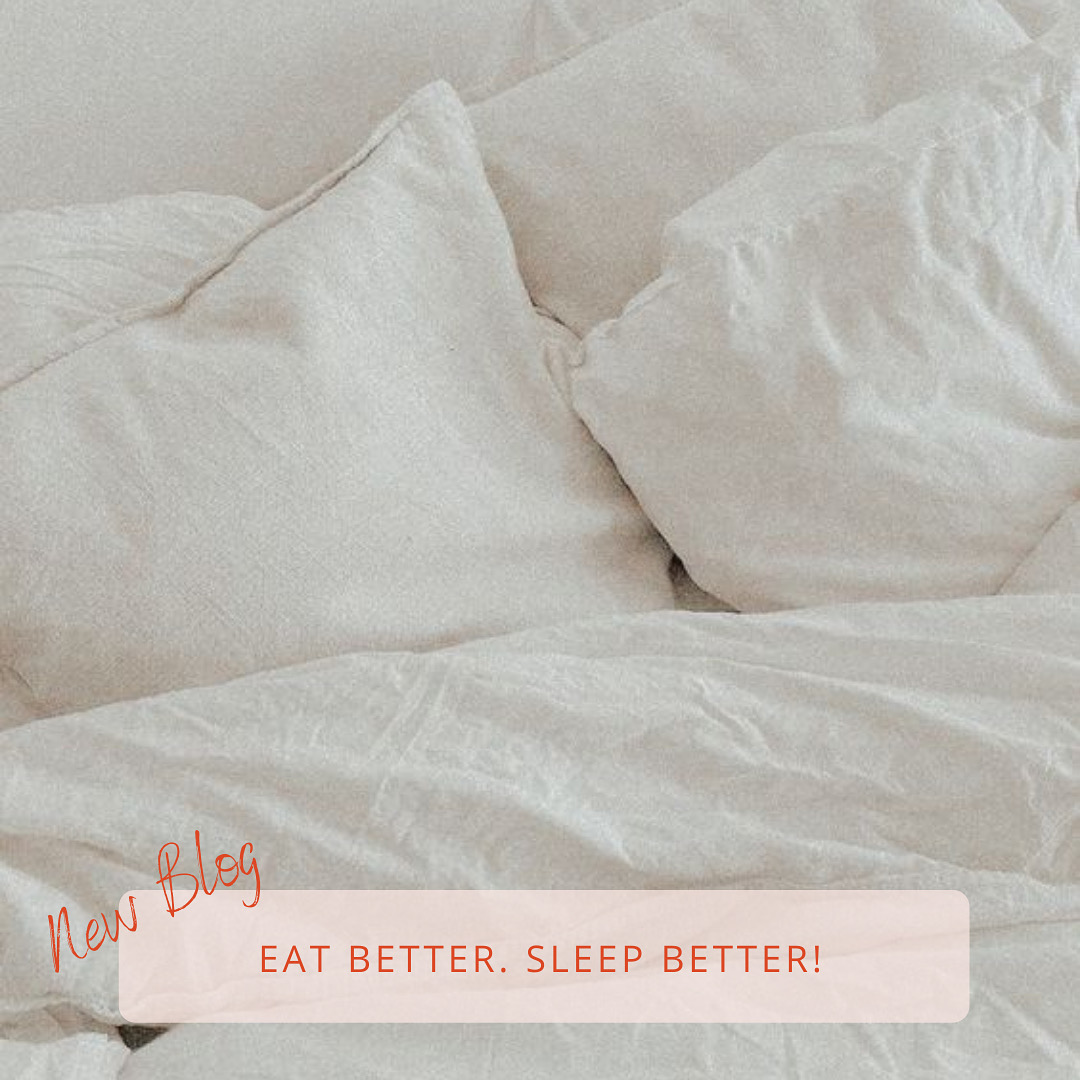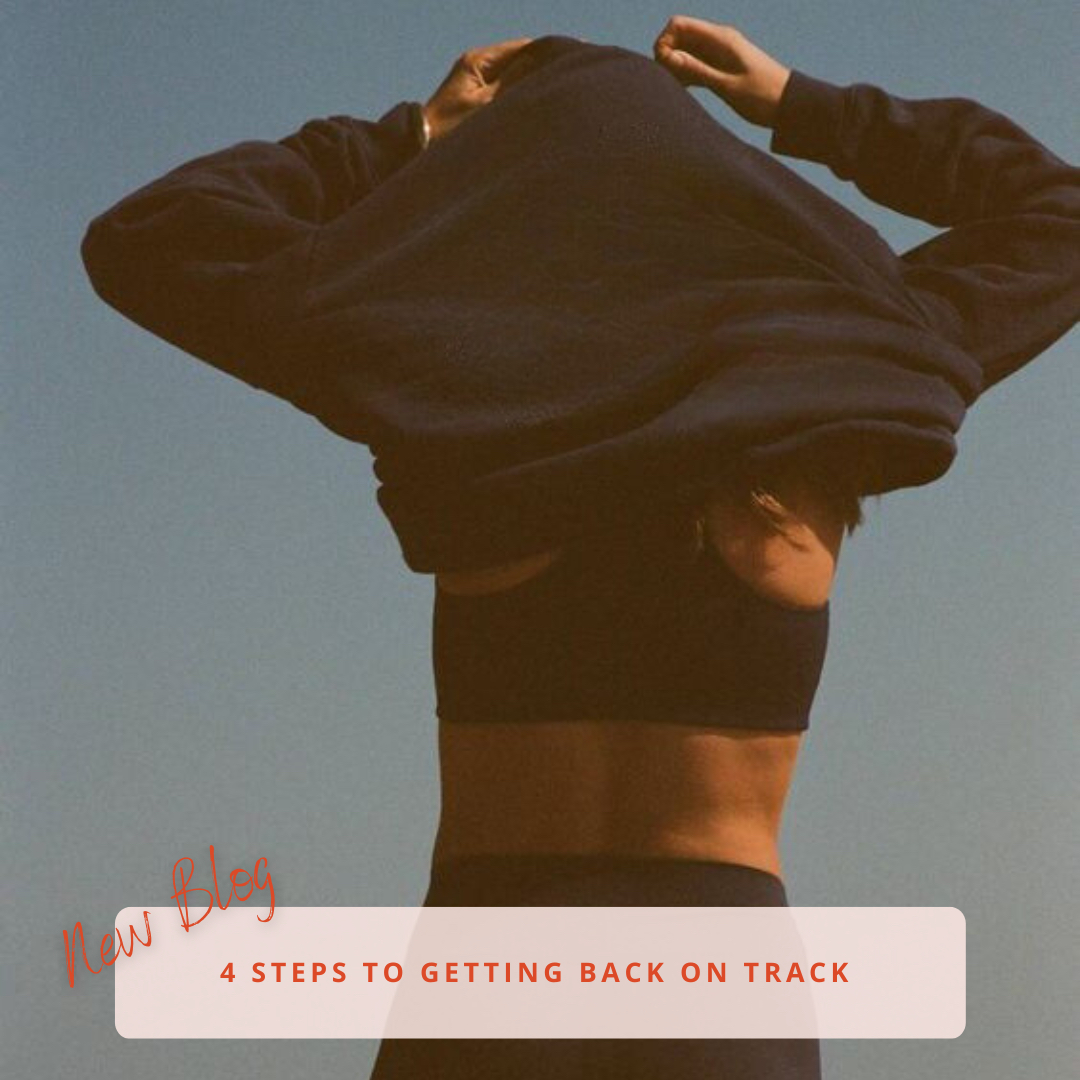
Eat Better. Sleep Better
Sleep is so important for our health. From immunity, to muscle recovery and mental health, we need good quality sleep to function at our best.
If you’re struggling to sleep every night, or wake up feeling groggy – you may want to take a look at what you’re eating.
When we think of bad sleep, a bad mattress, a stressful night, or noisy surroundings come to mind. Although not obvious, poor sleep can be heavily influenced by your diet.
Although sleep is affected by many factors, improve your sleep by making these simple tweaks to your diet:
- Cut caffeine: Caffeine is a stimulant, which can disrupt your shut-eye. Caffeine is safe in moderation, but aim to limit your teas and coffees past 1pm to reduce the impact on your sleep in the evening. Opt for a herbal tea for a night-time wind-down instead post-dinner and save the black tea for mornings.
- Reduce sugar intake: Sugar plays a big impact on our energy levels, causing rapid energy spikes and crashes that could play up with our sleep. Instead of a post-dinner treat, choose a piece of fruit to curb the sweet tooth – and have the treat earlier in the day. The fibre in the fruit will help the sugar digest slowly to avoid energy spikes.
- Eat earlier: Having large meals too close to bedtime can affect your quality of sleep – as your digestive system is working hard to break down the food. Eat your last meal 3-4 hours before bed. If not, choose a smaller or lighter meal that is easy to digest.
- Avoid spicy foods: Spicy meals, especially close to bedtime, can increase the risk of painful heartburn. To reduce the risk of indigestion, limit the spice.
- Dairy helps: Foods high in tryptophan – like milk or turkey – can help you produce more of the sleep hormone that helps us wind down.
- Limit alcohol: Alcohol is a known disruptor of your sleep cycle. Avoid alcohol close to bedtime, as it can affect the restorative phase of sleep – leaving us feeling tired and groggy the next day.






